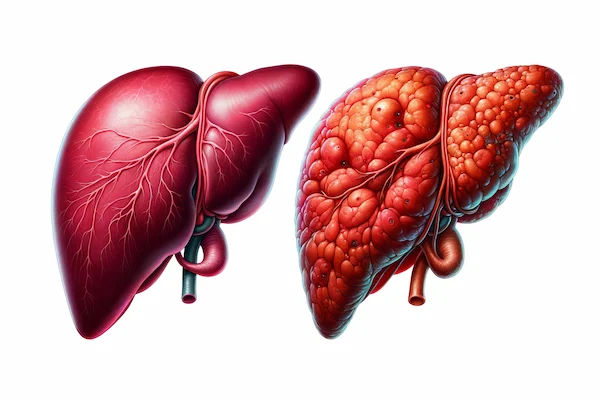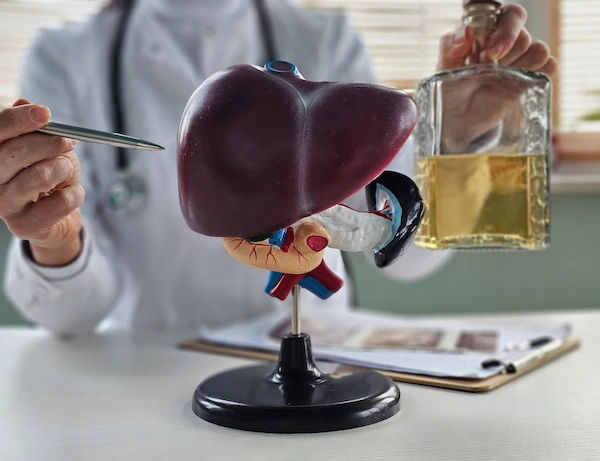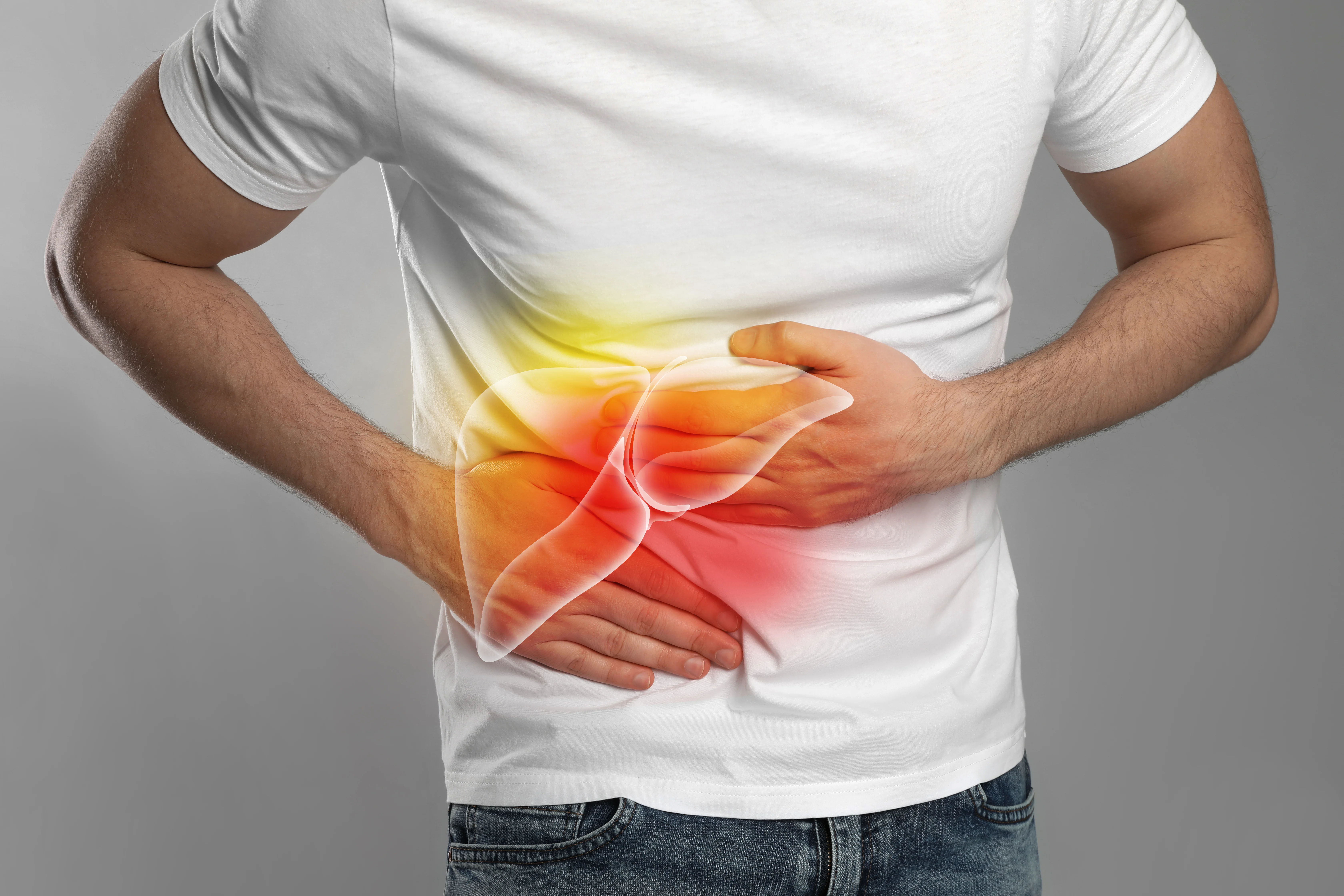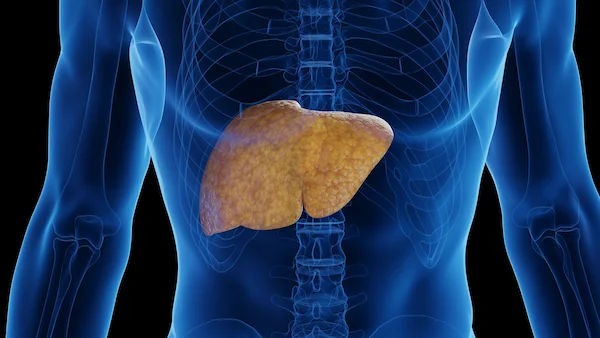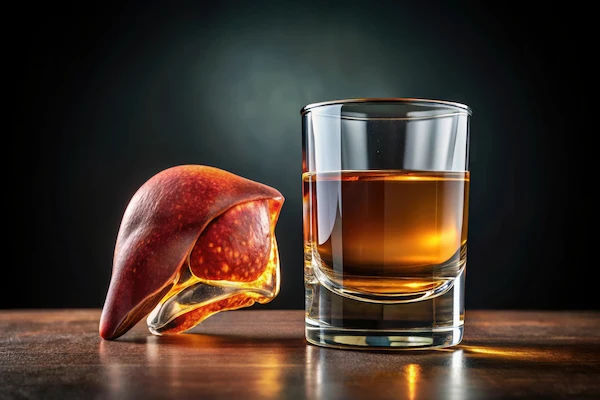Guide to What Happens to Your Body When You Stop Drinking Alcohol
Discover the timeline of changes your body undergoes when you quit alcohol, from early withdrawal symptoms to long-term health improvements and mental clarity.

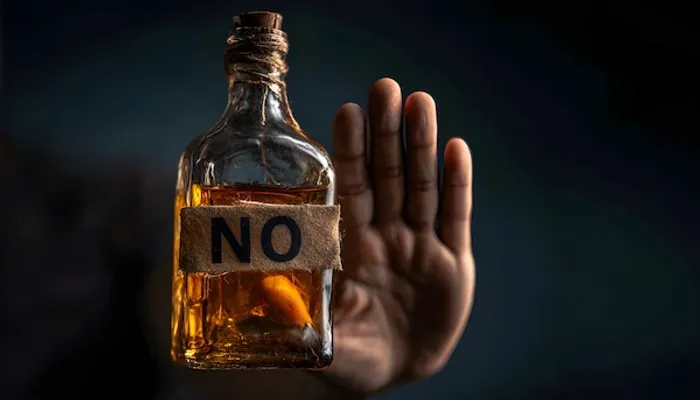
Introduction
Alcohol is a central part of social life for many, but its effects on the body are far-reaching. When you decide to stop, your body embarks on a remarkable journey of repair and healing. The process is not always linear; it begins with a challenging adjustment period but quickly leads to noticeable improvements in sleep, energy, and mental well-being. Understanding this timeline can empower you, providing motivation through the tough early days and reinforcing the benefits of your choice. This article will walk you through the stages of recovery, highlighting the key things you’ll experience physically and mentally. Whether you're considering a break or are already on your path to sobriety, knowing what to expect is the first step toward a healthier you.
The First 24-72 Hours: The Acute Withdrawal Phase
This initial period is when your body realises it no longer has the depressant it has grown accustomed to. The central nervous system, which was suppressed by alcohol, goes into a hyperactive state as it rebounds. The severity of symptoms can vary greatly depending on your previous drinking habits.
What to Expect in the First 6-12 Hours
You might experience mild but unsettling symptoms like anxiety, insomnia, nausea, and abdominal pain. As your blood sugar levels stabilise after the initial spike and drop caused by alcohol, you may feel shaky or irritable. Headaches are also common due to dehydration and the body's readjustment.
Navigating Days 2-3: The Peak of Withdrawal Symptoms
This is typically when symptoms peak. For some, this can include elevated heart rate, increased blood pressure, sweating, and tremors. A significant minority may experience more severe symptoms like confusion or heightened anxiety. It’s crucial to prioritise rest, stay hydrated with water and electrolytes, and eat nutritious, easy-to-digest foods.
When to Seek Medical Help
For heavy drinkers, sudden cessation can be dangerous. If you experience severe symptoms like hallucinations, seizures, or extreme confusion, it is a medical emergency. It is highly advisable to consult a doctor online with Apollo24|7 for a safe detox plan, especially if you have a history of heavy drinking. Medical supervision can provide medications to manage symptoms and ensure your safety.
Consult a General Physician for the best advice
Week 1: The Body Begins Its Repair
Once the acute withdrawal phase passes, your body shifts from crisis mode to active repair. This is when many people start to feel the first positive changes.
Improved Sleep Quality (After an Initial Hump)
While the first few nights might be restless, you will likely soon experience deeper, more restorative sleep. Alcohol disrupts REM sleep, the stage crucial for memory and learning. As your sleep cycles normalise, you’ll wake up feeling more refreshed and alert, a key benefit of quitting alcohol.
Hydration and Nutrient Absorption
Alcohol is a diuretic, flushing essential fluids and vitamins from your system. Within a week of abstinence, your hydration levels normalise, leading to better skin elasticity and reduced puffiness. Furthermore, your stomach lining begins to heal, improving the absorption of crucial nutrients like B vitamins (especially B12 and folate) and zinc.
Weeks 2-4: Noticeable Physical and Mental Changes
This is often the stage where the benefits of quitting alcohol become visibly and feelably apparent, providing strong motivation to continue.
Skin Health and a "Sober Glow"
With improved hydration and reduced inflammation, your skin will start to look brighter and more hydrated. You may notice a reduction in redness, puffiness, and acne. This is often referred to as the "sober glow," as your skin benefits from better circulation and the ability to retain moisture.
Stabilising Mood and Reducing Anxiety
Alcohol interferes with neurotransmitters like GABA and glutamate, which regulate mood. After a few weeks, your brain chemistry begins to balance. While anxiety can be high initially, it typically subsides, leading to a more stable and positive mood. Many report feeling a greater sense of mental clarity and calm.
Early Weight Management Benefits
Alcoholic drinks are high in "empty" calories. By removing them, you create a significant calorie deficit. Additionally, as your liver stops prioritising metabolising alcohol, it can better regulate blood sugar, reducing cravings for sugary and fatty foods. This often leads to natural, effortless weight loss after giving up alcohol.
Month 1-3: Significant Internal Healing
The changes now move deeper, focusing on vital organs that have been under constant stress.
Liver Recovery and Fat Reduction
The liver is incredibly regenerative. Within a month of no alcohol, the liver begins to shed excess fat. Inflammation decreases, and liver enzyme levels (like ALT and AST) start to normalise. If you are concerned about your liver health, Apollo24|7 offers a convenient home collection for tests like liver function tests (LFTs) to monitor your progress. This marks a significant decrease in the risk of developing alcoholic fatty liver disease.
Boosted Immune System Function
Chronic alcohol consumption weakens the immune system, making you more susceptible to infections. After a month or two of sobriety, your white blood cell count rebounds, and your body becomes much more effective at fighting off illnesses like the common cold and flu.
Get Your Health Assessed
6 Months to 1 Year: Long-Term Health Transformations
The rewards of sobriety compound, substantially reducing your risk for serious diseases.
Reduced Risk of Chronic Diseases
Continued abstinence leads to a notable drop in blood pressure. Your risk of developing alcohol-related cancers (mouth, liver, colon, breast), pancreatitis, and heart disease decreases significantly. The liver can continue to heal, with any early-stage scarring (fibrosis) potentially reversing.
Enhanced Brain Function and Mental Clarity
The brain's gray matter, responsible for memory and decision-making, which can be damaged by alcohol, begins to show signs of recovery. You'll likely experience improved concentration, sharper memory, and better problem-solving abilities. This enhanced brain function is one of the most valued long-term benefits.
Beyond One Year: Sustained Wellness
The body continues to reap the rewards. The risk of relapse decreases as new, healthier habits become ingrained. Many people report a sustained sense of overall well-being, improved financial stability from not purchasing alcohol, and stronger personal relationships.
Conclusion
Quitting alcohol is one of the most powerful decisions you can make for your long-term health. The journey is a testament to your body's innate ability to heal, with benefits unfolding from your brain to your skin. While the initial phase requires determination, the rewards—mental clarity, physical vitality, and a reduced risk of disease—are profound and lifelong.
Remember, you don't have to navigate this path alone. If you have concerns about withdrawal or your overall health, consulting a doctor from Apollo24|7 can provide you with a personalised plan and the medical support needed for a safe and successful transition to an alcohol-free life.
Consult a General Physician for the best advice
Consult a General Physician for the best advice

Dr Aakash Andgi
General Physician/ Internal Medicine Specialist
9 Years • MBBS MD
Bengaluru
Apollo Clinic, JP nagar, Bengaluru

Dr. Vivek D
General Physician
4 Years • MBBS
Bengaluru
PRESTIGE SHANTHINIKETAN - SOCIETY CLINIC, Bengaluru

Dr Syed Mateen Pasha
General Physician
2 Years • MBBS
Bengaluru
PRESTIGE SHANTHINIKETAN - SOCIETY CLINIC, Bengaluru

Dr. Anand Ravi
General Physician
2 Years • MBBS
Bengaluru
PRESTIGE SHANTHINIKETAN - SOCIETY CLINIC, Bengaluru

Dr. Ashita Kuruvilla
General Physician/ Internal Medicine Specialist
7 Years • MBBS
East Midnapore
VIVEKANANDA SEBA SADAN, East Midnapore
Consult a General Physician for the best advice

Dr Aakash Andgi
General Physician/ Internal Medicine Specialist
9 Years • MBBS MD
Bengaluru
Apollo Clinic, JP nagar, Bengaluru

Dr. Vivek D
General Physician
4 Years • MBBS
Bengaluru
PRESTIGE SHANTHINIKETAN - SOCIETY CLINIC, Bengaluru

Dr Syed Mateen Pasha
General Physician
2 Years • MBBS
Bengaluru
PRESTIGE SHANTHINIKETAN - SOCIETY CLINIC, Bengaluru

Dr. Anand Ravi
General Physician
2 Years • MBBS
Bengaluru
PRESTIGE SHANTHINIKETAN - SOCIETY CLINIC, Bengaluru

Dr. Ashita Kuruvilla
General Physician/ Internal Medicine Specialist
7 Years • MBBS
East Midnapore
VIVEKANANDA SEBA SADAN, East Midnapore
More articles from Alcoholic Liver Disease
Frequently Asked Questions
How long does it take to feel better after quitting alcohol?
Most people start to feel noticeable improvements in energy and sleep within the first week. Significant mental clarity and physical changes like weight loss and skin improvement often become apparent within the first month.
Can the damage from alcohol be reversed?
Yes, to a significant extent. Organs like the liver and brain are highly regenerative. Fatty liver disease is often reversible within months. Cognitive functions can improve substantially over a year of sobriety.
What is 'kindling' in alcohol withdrawal?
Kindling is a phenomenon where each subsequent cycle of drinking and withdrawal makes withdrawal symptoms more severe and dangerous. This is why medical supervision is recommended for those with a history of multiple detoxes.
Is it normal to feel tired after quitting alcohol?
Yes, especially in the first few weeks. Your body is using a lot of energy to repair itself. This fatigue usually lifts as your sleep quality improves and your energy systems recalibrate.
Will I lose weight if I stop drinking?
Most people do, as they eliminate a significant source of empty calories. Additionally, better metabolic function and reduced poor dietary choices often lead to natural weight loss.


